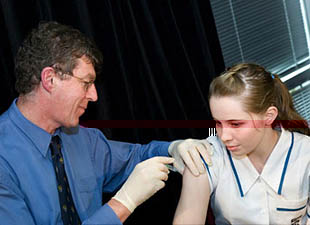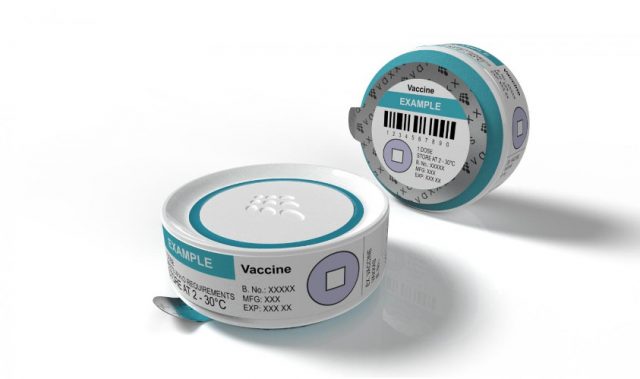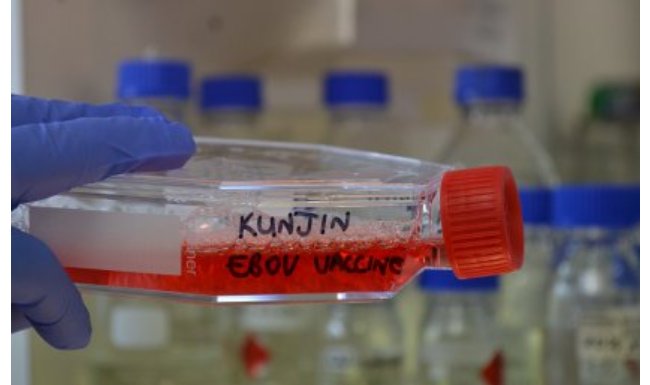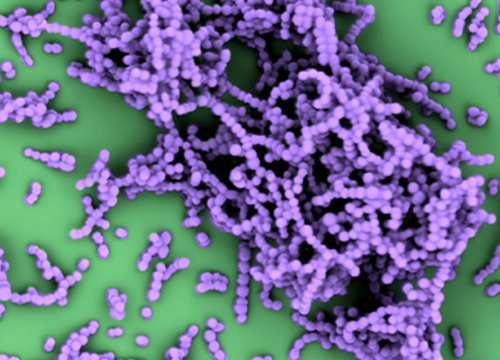
AsianScientist (Mar. 17, 2014) – New research has confirmed that the human papillomavirus (HPV) vaccination has reduced the frequency of abnormal Pap test results and pre-cancers in women.
Scientists at The University of Queensland and QIMR Berghofer Medical Research Institute used Queensland Health data sets to show that women who were fully vaccinated were far less likely to develop the high-risk abnormalities that can lead to cervical cancer.
“We always knew the vaccine was safe and effective in the narrow, controlled environment of clinical trials. This significant study proves its “real world” value on a broad scale,” study spokesman Professor David Whiteman said.
“By preventing those cervical changes that are a precursor to cancer, the vaccination program saves lives and minimizes future health expenditure.”
HPV vaccinations given in Queensland as part of the national immunization program are recorded by Queensland Health, which also administers the Queensland Pap Smear Register (PSR). This study linked the data from both registers, for the first four years of the vaccination program.
The researchers found that young women who had received three doses of the HPV vaccine had a 46 percent lower risk of developing high-grade changes in the cervix than those who had not been vaccinated.
Co-author and Medical Director of the National HPV Vaccination Program Register, Dr Julia Brotherton, said the research was great news for Australian women.
“And with the program now vaccinating boys as well, Australia is leading the way in preventing HPV infection and the cancers it can cause. It is still important that women remember to go for Pap tests though, because the vaccine can’t prevent all of the types of HPV that can cause problems,” she said.
The article can be found at: Crowe et al. (2014) Effectiveness of quadrivalent human papillomavirus vaccine for the prevention of cervical abnormalities: case-control study nested within a population based screening programme in Australia.
——
Source: University of Queensland; Photo: euthman/Flickr/CC.
Disclaimer: This article does not necessarily reflect the views of AsianScientist or its staff.












